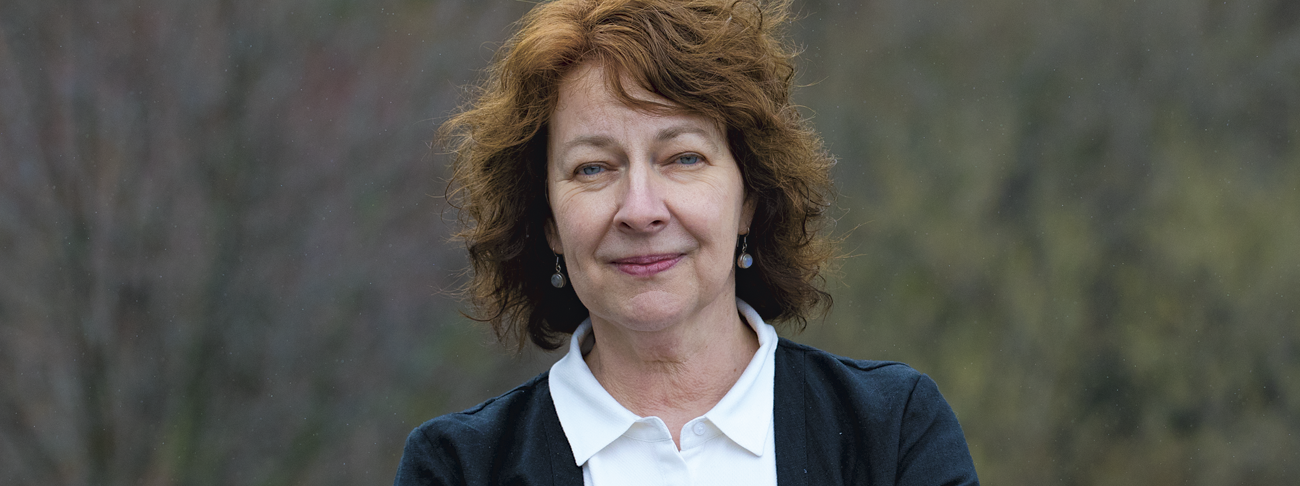
by Brenda Austin-Smith
The job of an academic isn’t one usually associated with danger in Canada; we consider ourselves largely protected from the kind of intimidation described in reports such as the one produced by the Scholars at Risk Academic Freedom Monitoring Project. SAR’s 2021 report, Free to Think, documents a variety of attacks on academic colleagues around the world. What follows are some of the takeaways from my reading of the 2021 report. It is a sobering exercise that reveals not just how frequent these attacks are, but also how many of them strike very close to home.
Over the last year, SAR has collected evidence of over 300 separate incidents of intimidation and violence directed against instructors, students, and post-secondary institutions in 65 countries and territories. The sheer number of these attacks is jaw-dropping. Reading the categories is also hair-raising: killings, violence, and disappearances; wrongful imprisonment; loss of position and expulsion from study; improper travel restrictions; and “other severe and systemic issues.”
CAUT members will be aware of some of these cases, such as the bombing of Kabul University in which students and faculty were taken hostage, and twenty-two people killed. Universities are targets for these actions, observes the report, in part because they symbolize values or ideas that challenge established authorities, whether cultural or governmental. Individual professors in Iraq, Nigeria, and Yemen, among other countries, were singled out for killing, sometimes for the topics they researched or taught, and sometimes for just being a scholar.
Imprisonment of academic staff and students is another tactic that interrupts the work of those immediately affected, and can also silence those who witness the arrests, follow the trials, and learn of the verdicts. Confinement in often over-crowded conditions during COVID increases the likelihood of negative health outcomes for those wrongly imprisoned, as does withholding medical care for those incarcerated. As far away as such cases may seem, we have only to remember our Concordia University colleague Homa Hoodfar, who was detained for over three months in Evin prison in Tehran in 2016, and who spoke of her ordeal at CAUT Council, to recall how vulnerable we are to such actions.
But, the SAR report stresses, physical attacks and arrests are not the only ways to control what can be taught or researched in universities and colleges. The report’s description of legal restrictions and prohibitions imposed by states and local governments is less dramatic than physical violence, but brings to mind cases that have involved CAUT members. Reading descriptions of a Bulgarian professor fired for criticizing a visit by the Prime Minister to his university this year, I was reminded of another recent case, that of University of Ottawa Professor Jan Grabowski, who was convicted in early 2021 of libel by a Polish court for his research on the persecution of Jewish people in Poland toward the end of World War II. The conviction was, thankfully, overturned last August.
Lest we mentally check off North America as a safe zone for academics and their students, the Scholars at Risk report confronts us with discomfiting truths. Perhaps surprising to some readers, the U.S. is listed as one of the countries of concern in 2021 because of widespread harassment of professors and the Zoom-bombing of classes and academic presentations at places like Tufts, Brandeis, and CUNY. Among state attempts to limit the teaching of topics such as critical race theory, the denial of tenure to Nikole Hannah-Jones, creator of the Pulitzer Prize-winning 1619 Project at the University of North Carolina-Chapel Hill, stands out for raising concerns about institutional autonomy from government and donor influence over appointment decisions. Suspensions and dismissals of academic staff who have criticized administration responses to COVID, or who have led academic unions, places the U.S. on the list of countries where academic freedom is under major threat.
All is not well in Canada either. SAR’s monitoring report includes the case of Dr. Valentina Azarova at the University of Toronto as a loss of position attack, describing the events leading up to CAUT Council’s censure of the U of T, and the eventual resolution that led to the withdrawal of censure. Reading the report reveals the truth that academic working conditions exist on a global spectrum. Interference with rights of assembly, local moves to limit public protest at academic institutions, threats launched against entire areas of research and study, suspensions and dismissals without cause, are not distant affairs. They are right here.
The labour motto “an injury to one is an injury to all” applies as well to academic freedom. Death threats, intimidation, and unjust dismissals launched against any colleague affect us all, reducing the scope of free inquiry and expression for everyone. Whether we realize it or not, we are all scholars at risk.